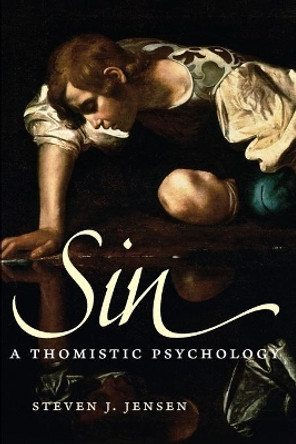Description
The over-arching critique leveled by the revisionists against the clas sic treatment is that Banezian scholasticism had disregarded the dissym metry between the line of good (God's causation of salutary acts) and the line of evil (God's permission of defect and sin).
The teaching of St. Thomas is explored via intimate consideration of his texts. The thought of St. Thomas is then compared with the work of Domingo Banez and the foremost 'Banezian' of the 20th century, Reginald Garrigou-Lagrange. The work then shifts to a consideration of the major players of the revisionist treatment, including Francisco Marin-Sola, Jacques Maritain, and Bernard Lonergan. Jean-Herve Nico las is also taken up as one who had held both accounts during his life time. O'Neil analyzes and critiques the revisionist theories according to the fundamental tenets of the classical account. Upon final analysis, it seeks to show that the classical account sufficiently distances God's causal role in regard to free salutary acts and His non-causal role in re gard to free sinful acts. Moreover, the revisionist account presents sig nificant metaphysical problems and challenges major tenets of classical theism, such as the divine omnipotence, simplicity, and the exhaustive nature of divine providence.
Finally, the implications of the traditional view are considered in light of the spiritual life. It is argued that the classical account is the only one which provides an adequate theological foundation for the Church's robust mystical and spiritual tradition, and in particular, the abandon ment to divine providence.
About the Author
Taylor Patrick O'Neill is assistant professor of theology at Mount Mercy University, Cedar Rapids, IA.
Book Information
ISBN 9780813232546
Author Taylor Patrick O'Neil
Format Hardback
Page Count 344
Imprint The Catholic University of America Press
Publisher The Catholic University of America Press
Weight(grams) 690g










